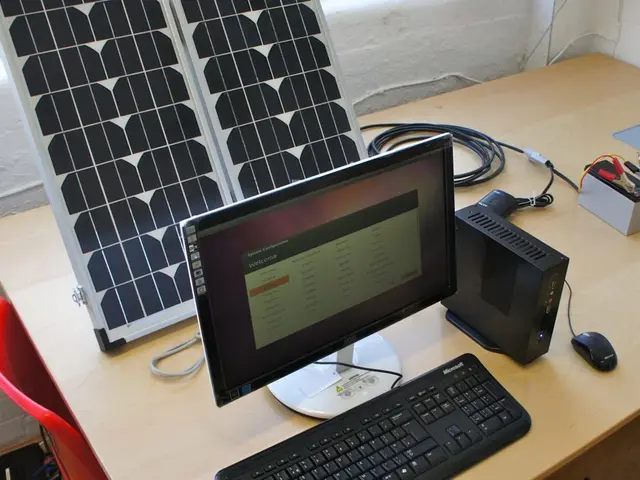Energy shift: German-Turkish Renewable and Hydrogen Energy Collaboration
In a significant move towards a greener future, Turkey and Germany are actively collaborating on renewable energy integration with a strong focus on wind energy, hydrogen, and energy efficiency.
- Wind Energy
German company Enercon, a leading player in the wind energy sector, has installed 3 GW of wind energy capacity in Turkey, holding over 20% market share. The company is expanding its operations and locally tailoring solutions to contribute to Turkey’s renewable energy transition. This partnership exemplifies German technology and expertise helping scale up Turkey’s wind energy deployment, which is a key pillar in renewable electricity generation.
- Hydrogen and Decarbonization Initiatives
While no direct Turkey-Germany hydrogen projects were highlighted, Germany’s broader renewable industry collaborations imply a strong interest in developing green hydrogen and renewable-based industrial processes in cooperation with neighboring countries and European partners. This signals potential future integration of hydrogen technologies involving Turkish stakeholders as Turkey builds its renewable infrastructure.
- Energy Efficiency and Grid Modernization
Turkey is upgrading its power transmission network with support from the World Bank and Clean Technology Fund. This project includes digitalizing the power grid, expanding transmission capacity, and introducing high-voltage direct current corridors. German technology and knowledge transfer are integral to these grid improvements, enabling a smarter, more efficient, and more resilient energy network that can accommodate growing renewable inputs.
- Energy Storage and Transformers
Turkey’s Astor Enerji and the German firm Energy Vault have formed a strategic global partnership focusing on battery energy storage systems (BESS) and transformer manufacturing. This alliance addresses supply chain challenges and accelerates deployment of crucial storage and grid infrastructure necessary to integrate variable renewable energy sources efficiently.
The 6th German-Turkish Energy Forum held in Berlin in 2024 saw many German and Turkish energy companies signing partnership intentions. The aim of these collaborations is to strengthen ties between actors in both countries, promote expertise exchange, and jointly implement concrete projects.
The Turkish government aims to increase its installed wind and solar energy capacity to 120,000 megawatts by 2035. German companies, as leading suppliers of renewable energy technologies worldwide, can help achieve this expansion target.
Partners are working together on topics such as promoting renewable energies, improving energy efficiency, developing future-oriented infrastructure, and researching environmental-friendly hydrogen. The University of Applied Sciences in Hamburg and EnerjiSA Üretim are focusing their research collaboration on environmental-friendly hydrogen and renewable energies.
The joint venture between Enercon and the Turkish companies is focused on the development of wind energy projects in Turkey, with plans to install wind turbines with a total capacity of 2,500 megawatts, contributing to the expansion of renewable energy infrastructure in Turkey.
The German Energy Agency (dena) is implementing the energy partnership with the German-Turkish Chamber of Industry and Commerce. The energy cooperation between Germany and Turkey began in 2012. Enercon, İş Enerji, Polat Enerji, and EnerjiSA Üretim are all parties involved in the ongoing energy cooperation between the two nations.
Future plans emphasize further scaling renewable capacity, improving grid reliability and digital management, and expanding storage solutions to facilitate the clean energy transition in both countries. While direct large-scale hydrogen projects are currently limited in disclosed joint ventures, growing industry ties around renewable-powered industrial processes indicate promising future hydrogen integration efforts.
Read also:
- More than half of British homes adhere to insulation standards established during the 1970s.
- Transition in Energy: Merz Administration Plans Enactment of Heating Revolution from 2026
- Updates on the Solar 1000 Megawatt and Solar 2000 Megawatt Projects in Algeria
- The shift towards clean energy is inevitable, but what are the obstacles hindering its progress?








